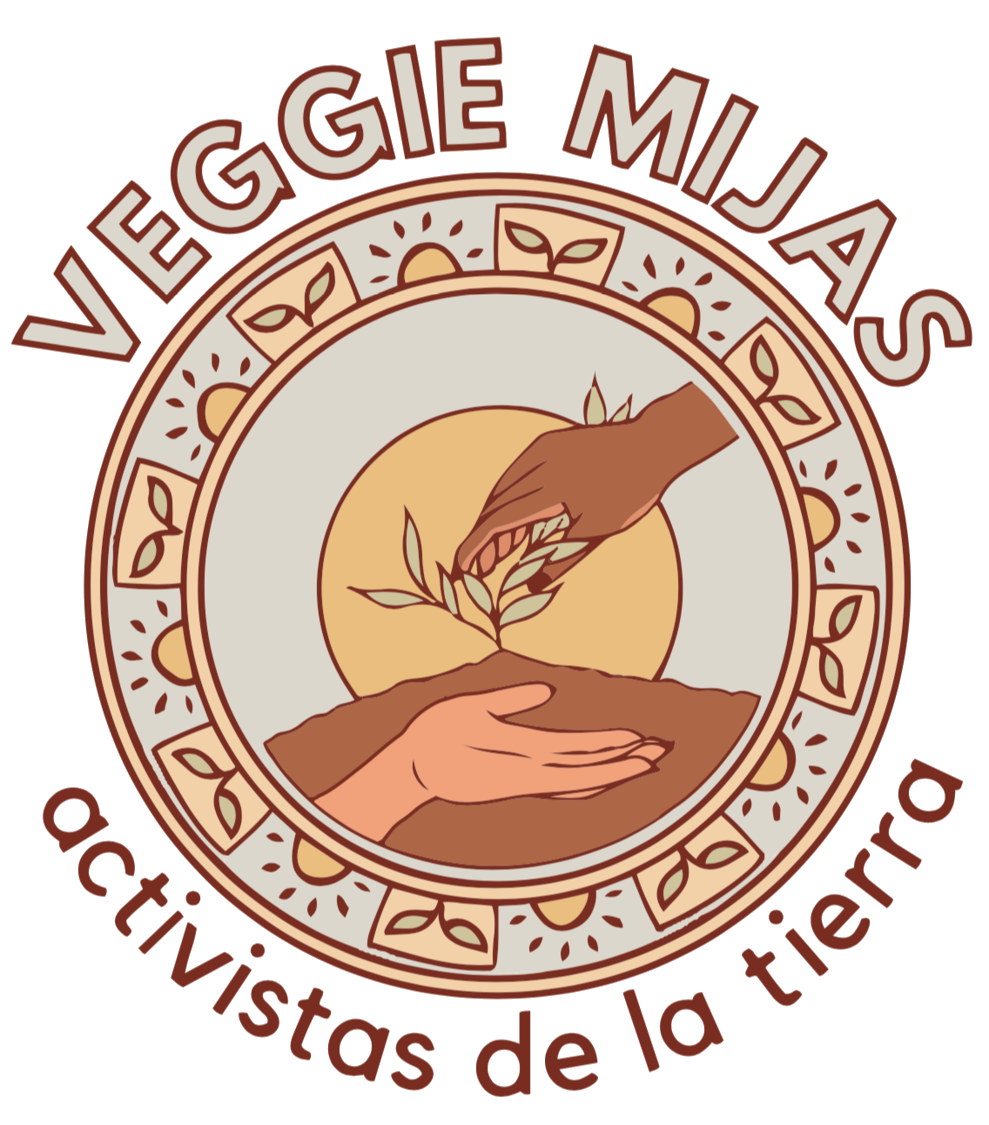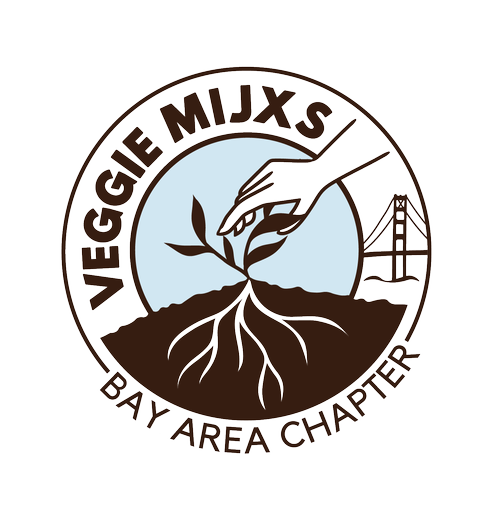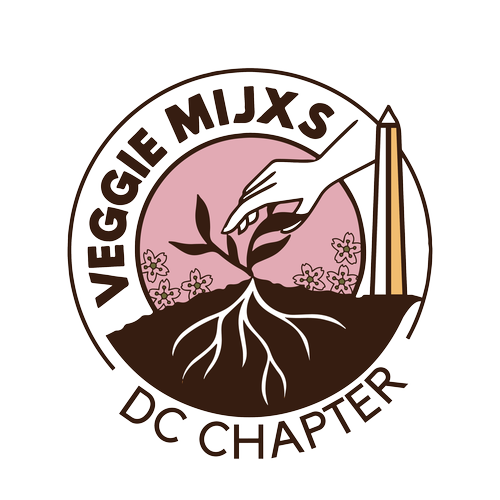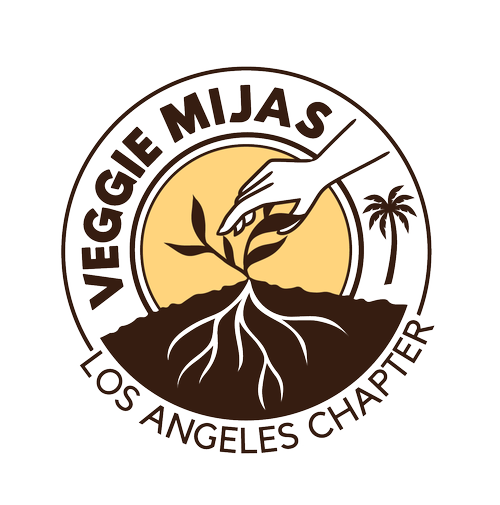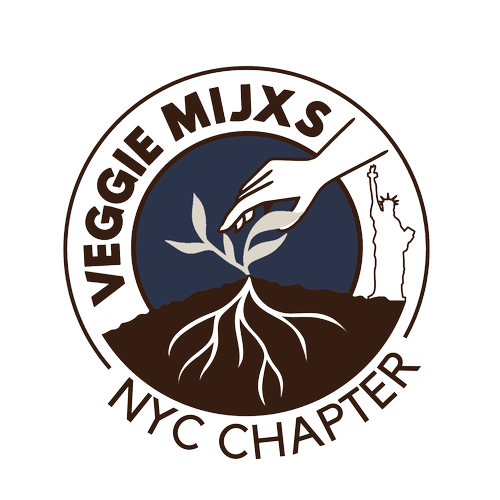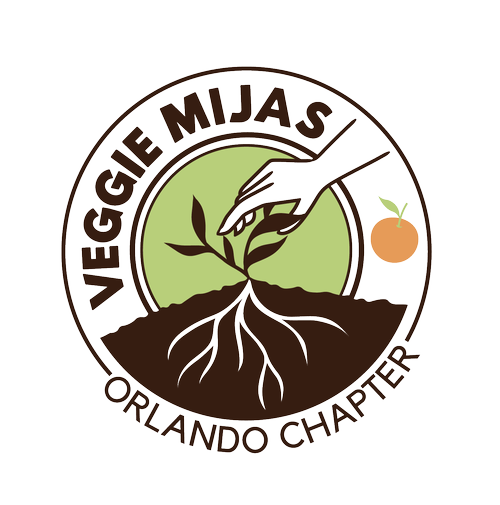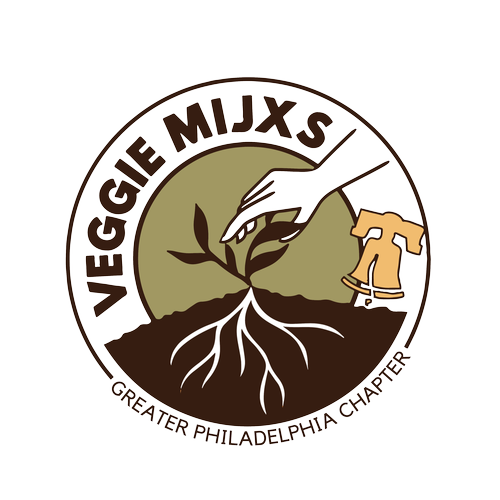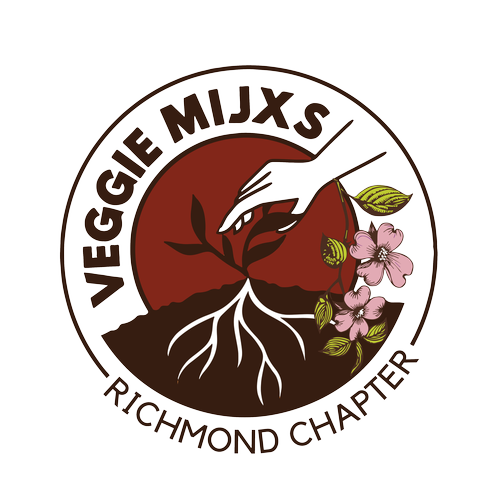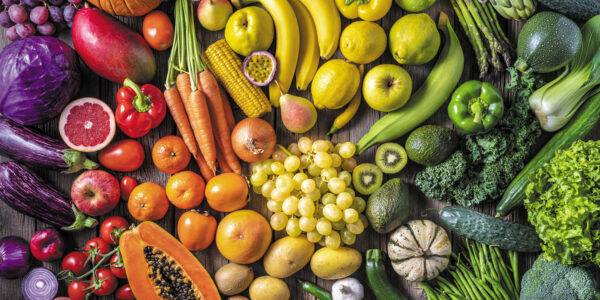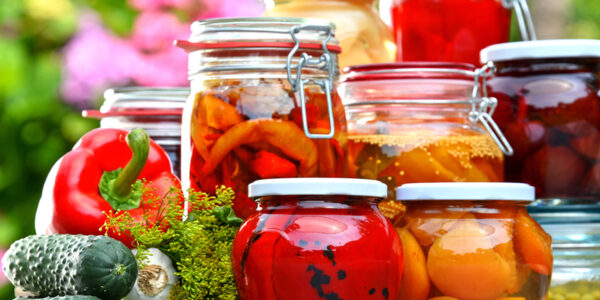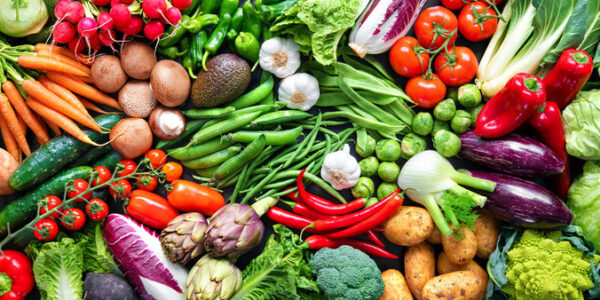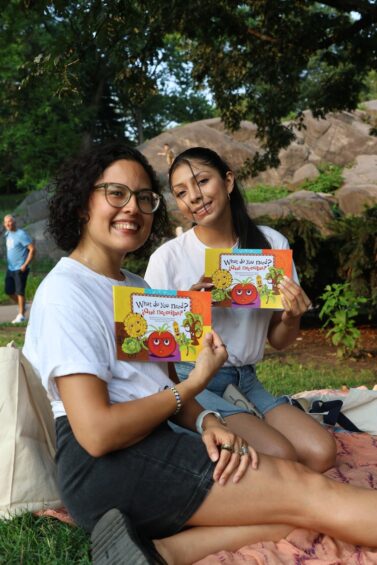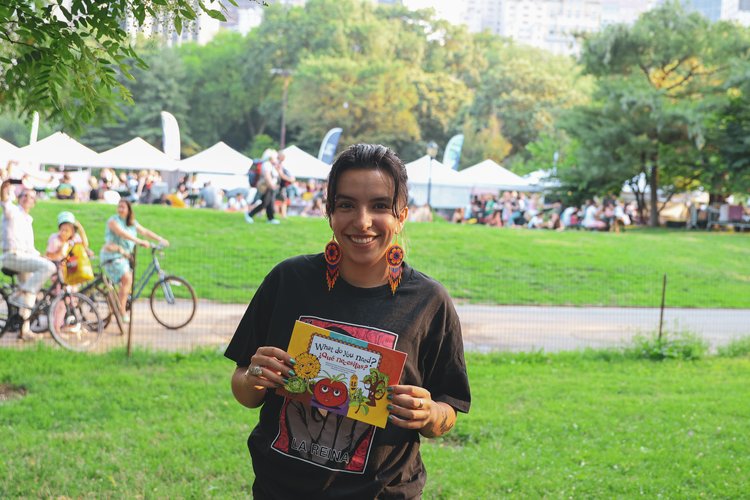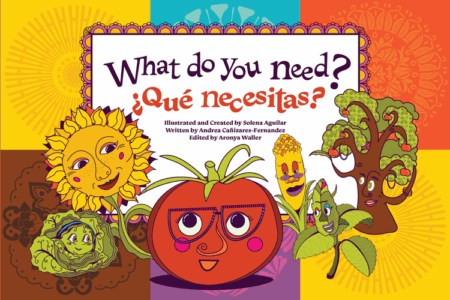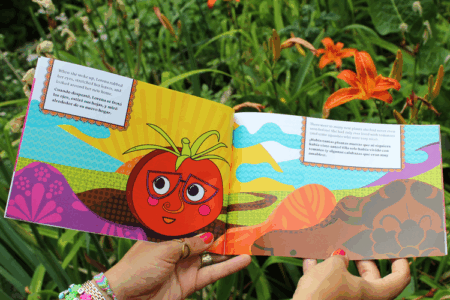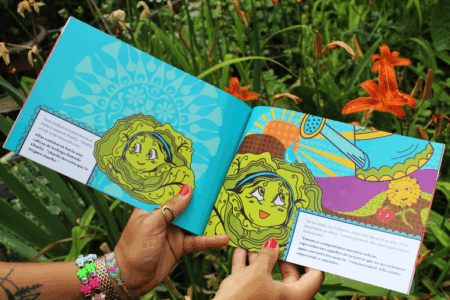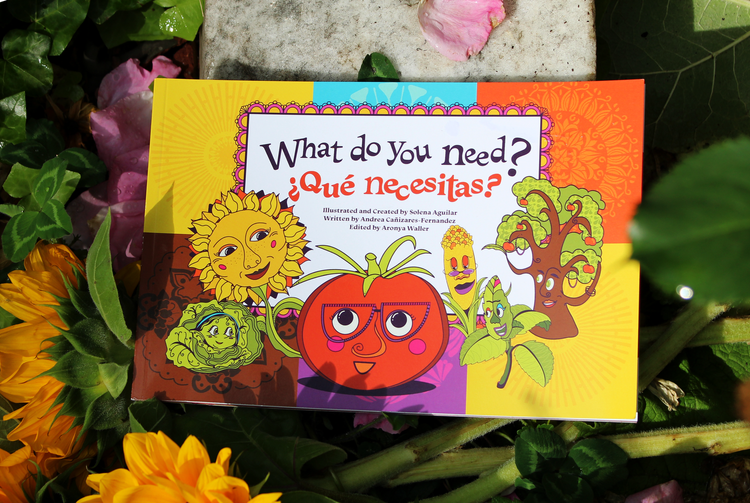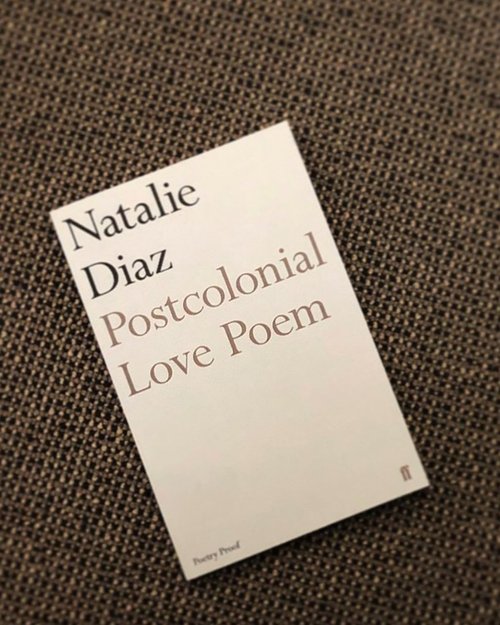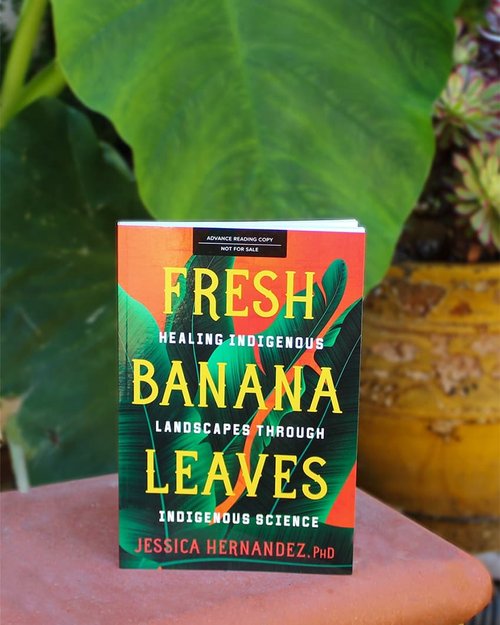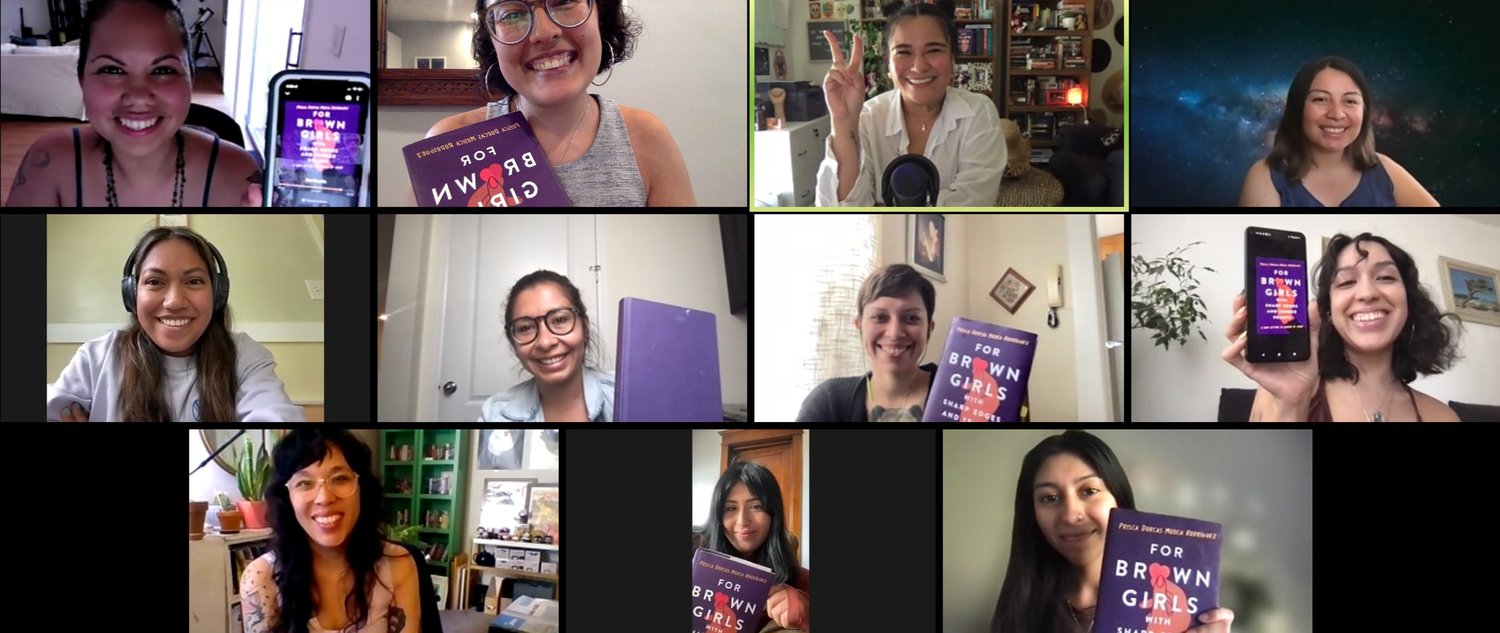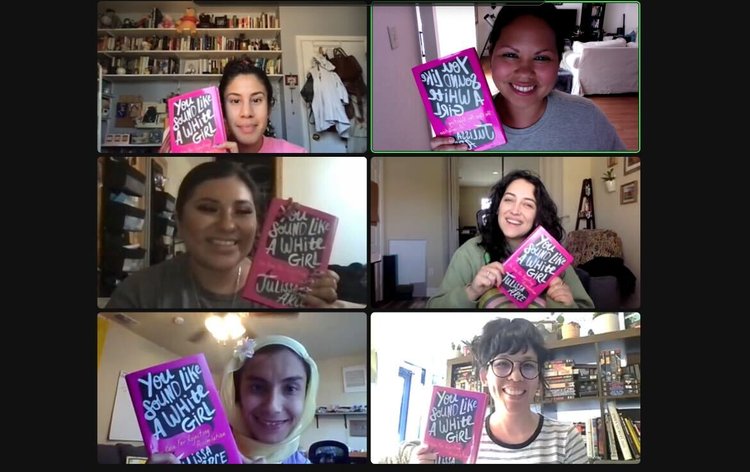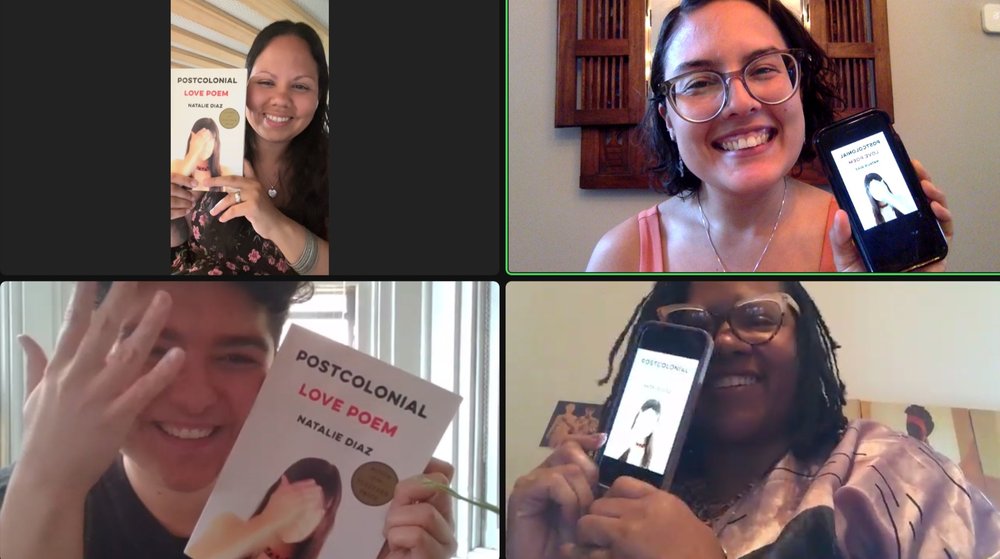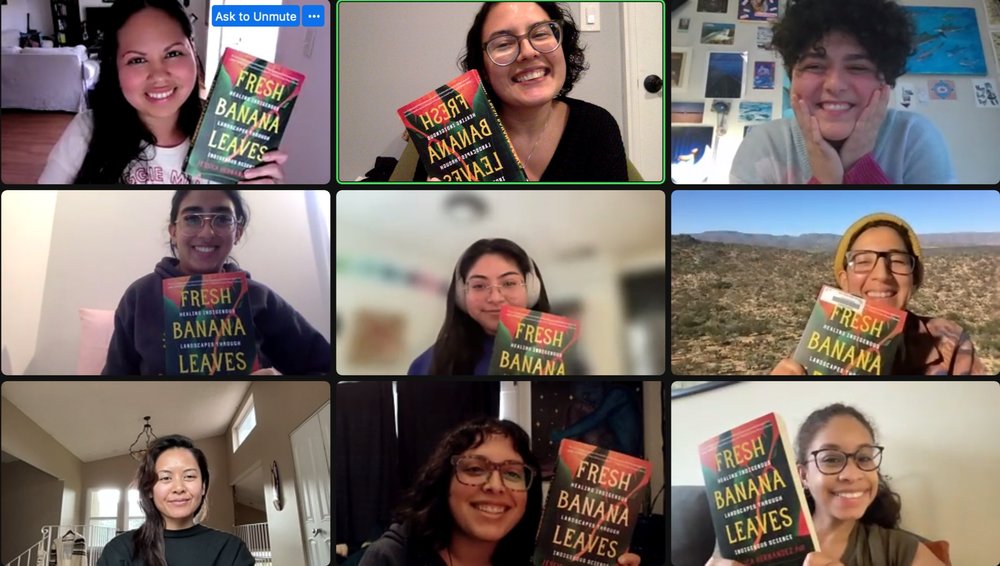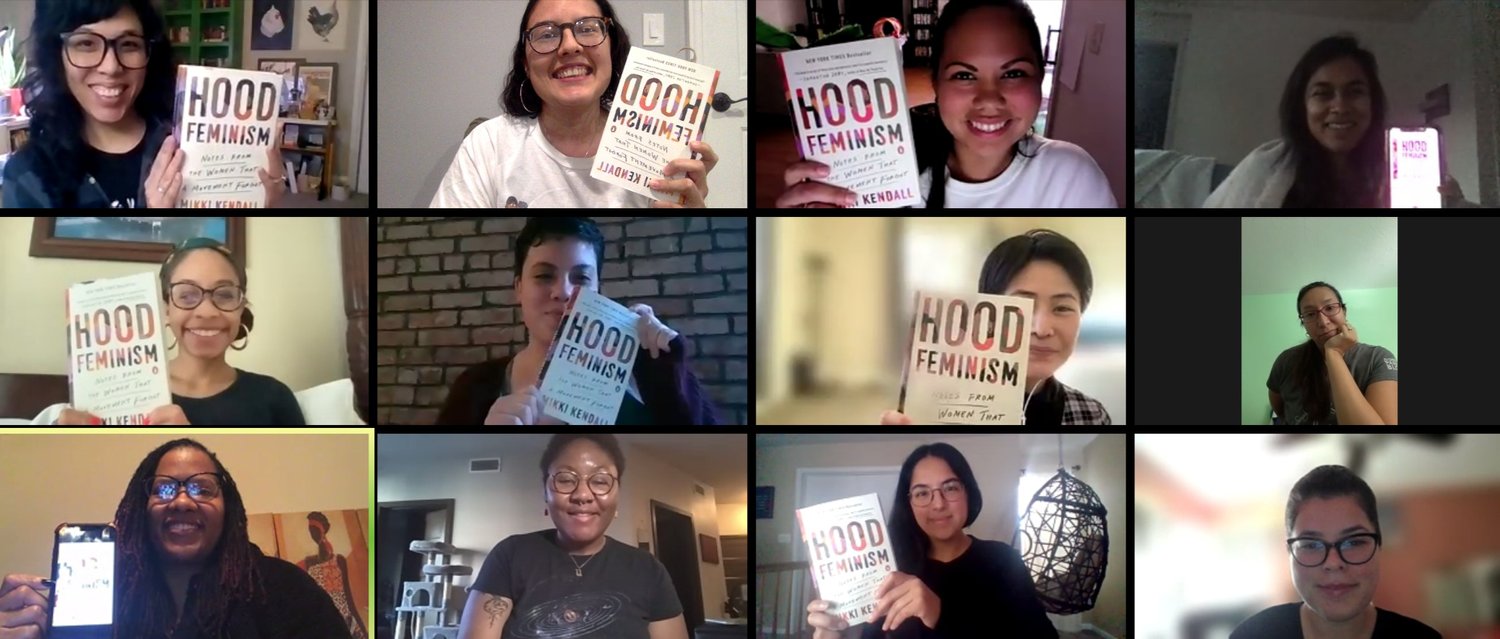We are a community of women, trans, and gender non-conforming people who are dedicated to advocating for plant-based lifestyles and food justice within marginalized communities.
Community care is an act of resistance
At the heart of our collective is a belief in the incredible strength of community. We're passionate about creating welcoming spaces, with a special focus on supporting BIPOC communities. These spaces are more than just places; they're where real connections happen, learning is shared, and everyone can contribute to a greener future. This collective spirit is what drives change, empowering us all and guiding our mission to bring people together and nurture our home with care and respect. Join us in making a meaningful impact, one step at a time.
Support from initiatives like The People’s Fund by Mercy for Animals enables us to bring our community together in spaces dedicated for advocacy.
Our Mission
Our mission is to create sacred spaces for folks where they can share their experiences with food or having a plant-based lifestyle through an intersectional lens. Our main focus is sharing space, relearning ancestral practices through foods, sharing our plant-based recipes, and providing access to information our community needs. This is done through organizing events such as potlucks, vegan panels, farm sanctuary trips, learning how to plant herbs, and much more. Lastly, our goal is to show folks that decolonizing your lifestyle is possible.
Our Impact
Our passionate writing team delves deep into climate-related subjects, crafting insightful articles and thought leadership pieces that illuminate the urgency and significance of environmental issues. Additionally, we organize an average of 30 impactful events annually, including interactive workshops, panel discussions, and guest speakers, all aimed at fostering learning, collaboration, and empowerment within our communities. Furthermore, our commitment extends to practical initiatives such as establishing a community fridge in Chicago, ensuring access to fresh, nutritious food for local residents facing food insecurity. Similarly, in Philadelphia, we empower less fortunate groups through free educational cooking workshops, teaching them how to prepare simple yet delicious plant-based dishes while nurturing a sense of community through shared meals.
Articles
Vegetarian and Vegan Diets
A vegetarian diet typically excludes meat, poultry, fish, and animal by-products, but there are seve
Vegetarian Diets
Adopting a vegetarian diet has been linked to a variety of health benefits. People who follow vegeta
Navigating the Shadows of Thanksgiving: A Personal Journey Towards Decolonization
Year after year, I find myself grappling with the complexities of decolonizing a holiday deeply root
Revolutionary Self-Love
As the wheel of the year turns and winter envelops us, it’s natural to turn inward and examine our
Winter Rituals for Slowing Down
When the new year at the start of January hits, you may be swept up in the wave of ambition that typ
Vegetarian and Vegan Eating
Understanding Vegetarian and Vegan Diets A vegetarian diet excludes all forms of meat and seafood bu
Children's Book: What Do You Need/¿Qué Necesitas?
from $14.99
Lorena the tomato was planted into Abrazos Community Garden. When she wakes up, Lorena is amazed by her beautiful and diverse new home. She meets Marisol the sunflower, who teaches Lorena about the garden, her neighbors, and their needs. At Abrazos, you ask for what you need, and you give what you can.
“What Do You Need/¿Qué Necesitas?” is an illustrated bilingual (English and Spanish) early elementary reader book. It is an educational and fun narrative that discusses mutual aid and equity through the use of a community garden.
Lorena la tomate fue plantado en el Abrazos Jardín Comunitario. Cuando se despierta, Lorena se sorprende por su hermoso y diverso nuevo hogar. Conoce a Marisol la girasol, que le enseña a Lorena sobre el jardín, sus vecinos y sus necesidades. En Abrazos, pides lo que necesitas y das lo que puedes.
“What Do You Need/¿Qué Necesitas?” es un libro ilustrado bilingüe (Inglés y Español) para primeros lectores de primaria. Es una narrativa educativa y divertida que discute la ayuda mutua y la equidad a través del uso de un jardín comunitario.
ISBN: 979-8-218-21852-2
Publication Date: July 29, 2023
Age Range: All Ages, Elementary Reader
Topics: Community, Garden, Mutual Aid, Equity, Sharing, Bilingual, Interpersonal Relationships, Children’s Fiction
Services and Partnership Opportunities
Partnerships
We take pride in organizing numerous community events and actively seek partners to join us in furthering our mission for food liberation at Veggie Mijas. Our partnerships encompass both in-person and online engagements, including workshops, social media initiatives, collaborative product reviews, and community-centric initiatives all aimed at building a more robust and inclusive community.
Workshops
Co-host cooking classes, workshops, or special tasting events that showcase your unique culinary expertise and our shared passion for plant-based cuisine.
Social Media Expoosure
Collaborate with us on social media initiatives to amplify your message and reach a wider, more inclusive audience. Benefit from our engaged community's support in spreading awareness about your mission and products.
- Informed Immigrant
- Vegan Night Market
Product Reviews
Plant-Based Foods:
We explore and evaluate plant-based food products, highlighting their taste, nutritional value, and contribution to a sustainable and cruelty-free lifestyle.
Sustainable Goods:
We assess eco-friendly and sustainable products, from reusable packaging to eco-conscious household items, showcasing their impact on the environment and sustainability practices.
Books and Educational Resources:
We review literature and educational materials related to plant-based living, food justice, and environmentalism, offering recommendations to our community of readers.
Sponsored Community Events
We offer sponsorship of community events that align with our shared values of inclusivity, accessibility, and sustainability.
Our sponsorship program is designed to elevate events that promote positive change within communities. By partnering with Veggie Mijas, you gain access to a wealth of knowledge and resources dedicated to supporting events that make a meaningful impact.
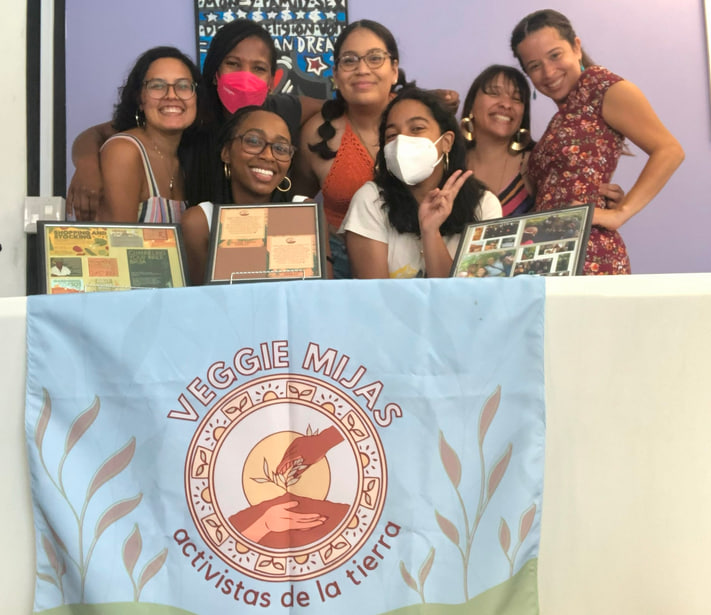
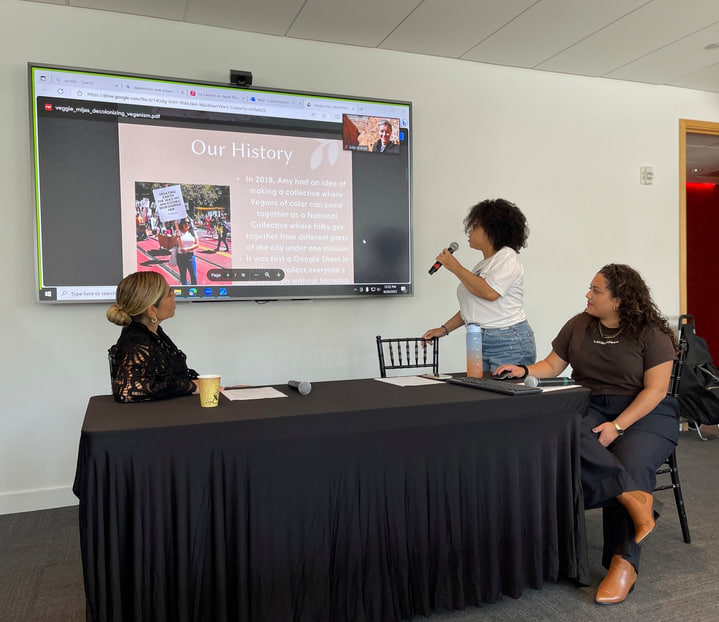
Speaking Engagements
Panel Discussions and Presentations
We offer engaging panel discussions and presentations showcasing the impactful community work carried out by our collective. These sessions can feature one to three speakers, representing either a single chapter or multiple chapters and teams. shedding light on events and the food justice activism championed by our organizers in their respective communities. These sessions provide valuable insights into the work being done and inspire others to join the cause.
Personal Journeys within Our Collective
A speaker from our collective can share their personal journey, providing a firsthand account of their experiences within our organization. They'll also discuss the sources of inspiration that drive them, encouraging others to become agents of change.
Tailored Topic Selection
If you have a specific topic in mind for your event, let us know in your email. We'll recommend a speaker from our collective who possesses expertise in that area, ensuring the content is tailored to your audience's needs.
Welcome to our Virtual Book Club
We honor the literary contributions of authors of color and bring together diverse genres, from poetry to memoirs, fantasy to essay collections, and realistic fiction. Join us in this transformative journey as we amplify voices, challenge perspectives, and create connections that intertwine storytelling and advocacy.
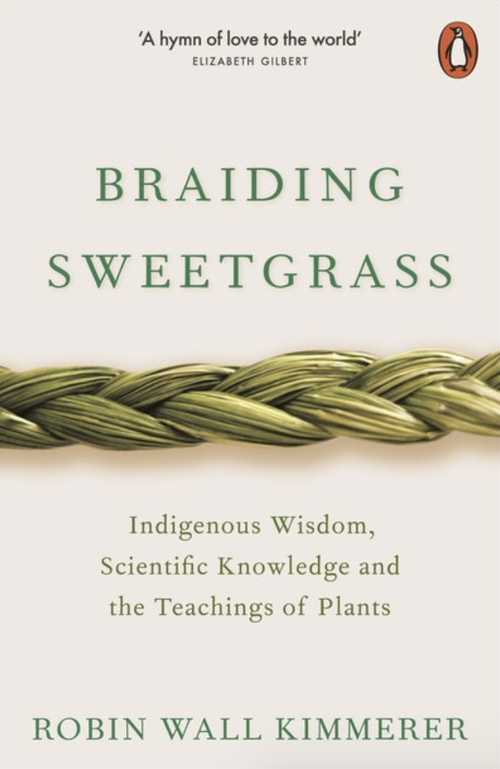
Braiding Sweetgrass by Robin Wall Kimmerer
In November, we had a gathering of the minds & souls to discuss Robin Wall Kimmerer’s Braiding Sweetgrass. We talked about confronting the ego, the impact of language, reciprocity, and what aspect of nature fills our minds, bodies, emotions, and spirits. We then contemplated on ways to express gratitude & how we could create ripples in our own communities to see the culture we wanted be displayed in society.
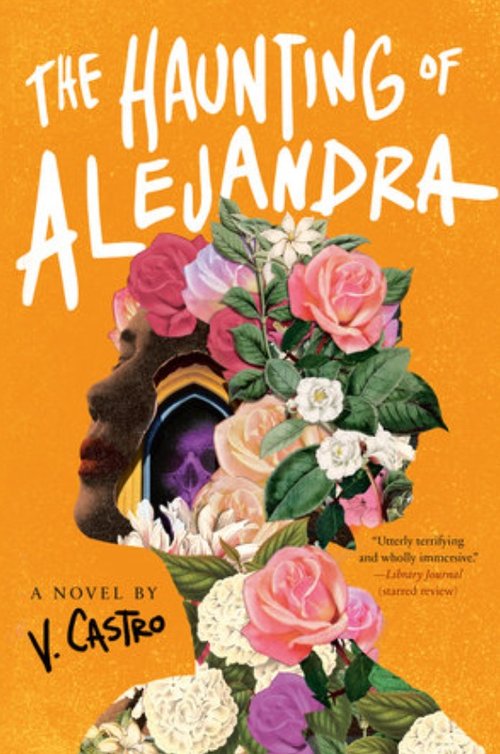
The Haunting of Alejandra by V Castro
In October, and in honor of all things spooky, we got together to discuss The Haunting of Alejandra. We’re so grateful for the recommendation from Penguin Random House. This book takes on a slightly different approach to the classic take of La Llorona and puts it into perspective of a line of women who must battle an entity to prevent becoming “La Llorona” and succumbing to the darkness. It’s a tale of strength, overcoming odds, and breaking family curses- which is something that many Mijxs related to. So many times we hear about generational curses but in this book, we are reminded of generational strength.

My Broken Language by Quiara Alegria Hudes
In September, for Hispanic Heritage month, we read Quiara Alegría Hudes’ memoir and found ourselves relating to many of the topics she covered- from her spirituality to being a mixture of cultures and languages. We admired the beautiful way she expressed herself yet still kept it direct & honest. The way she wove her spiritual journey throughout her life’s story and the challenges she faced was stirring. It was incredible to be able to get insight to the woman behind the musical “In The Heights” and the movie “Vivo”.

With the Fire On High by Elizabeth Acevedo
In July, we discussed the empowering trend of Young Adult books, shared recipes with one another, and talked about the importance of food not just on a physical level but a spiritual one. We also talked about how to create kitchen altars to access our ancestors when cooking, veganizing family recipes, and about food that brings us to life.

Postcolonial Love Poem by Natalie Diaz
In May, we were transported by the sensual & spiritual words of Natalie Diaz’s “Postcolonial Love Poem”. She captures humor, history, sacredness, grief, resistance, & passion all at once. Her carefully chosen and rich words left us in deep thought with a desire to unpack what it means to be Brown & Indigenous in the United States.
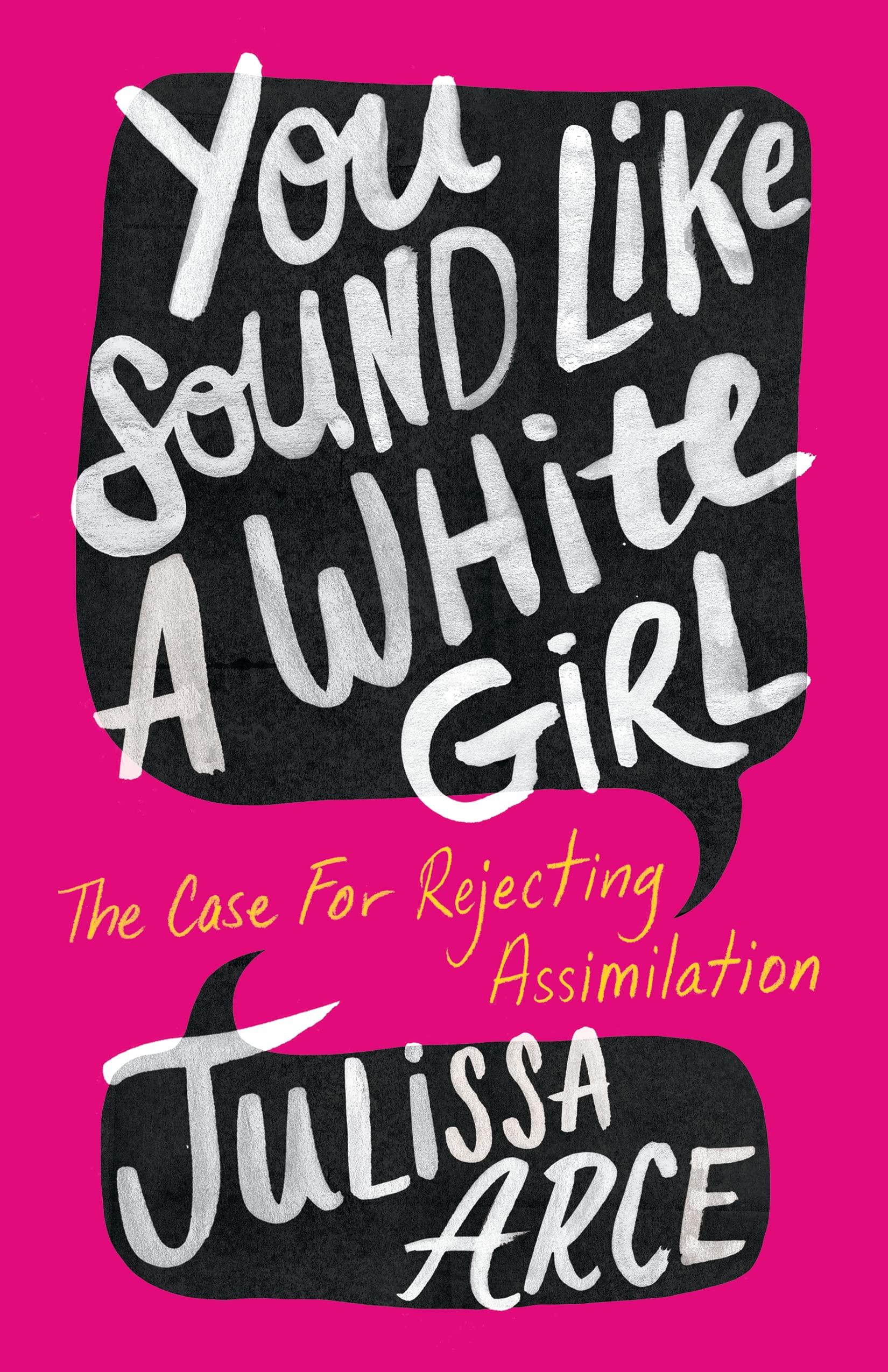
You Sound Like A White Girl by: Julissa Arce
In March we covered “You Sound Like A White Girl” by: Julissa Arce where we talked about our experiences growing up Latine and surrounded by the lies of English, whiteness, and success and how we must examine our roles in white supremacy in order to combat the violence it brings to our people. We also talked about what it means to reclaim our culture, identity, and history, as well as important conversations that should be occurring within Latinidad and how we can find a way to include all and take action.
